
There's certainly an allure to navigating the rocky waters of business entrepreneurship as a solo founder. There is undeniable freedom, an opportunity to quickly implement ideas, and perhaps even a particular recognition that comes with being the only founder at your company. Yet for every potential benefit of steering a company without co-founders, there are also unavoidable pitfalls.
To get a look behind the curtain of what it's truly like to be a solo founder, we tapped into the experiences of 20 women from the Dreamers & Doers collective who run their companies without fellow co-founders at the helm. Their reflections on the benefits and pitfalls they've experienced reinforce that there is no one-size-fits-all approach to entrepreneurship, including whether or not a co-founder is part of the fiber of your company.
As you'll see in this piece, being a solo founder is not easy, but it's certainly not without reward. If you've been thinking about going at it alone, perhaps this is your sign to take the leap. If you've been going it alone for a while, this may be what you needed to read to continue full steam ahead on your journey.
Find Joy In The Journey

My experience as a solo founder: Being a solo founder in a creative industry such as fashion has the main benefit of you being able to own the full vision and aesthetics of what you want the brand to represent. You can also take actions faster and make decisions faster, rather than being stuck in trying to find a consensus with your co-founder. That said, you wear all the hats of running the business, including some aspects that you may not like as much or be less skilled at.
My advice: Continue carving out time for the aspects of the business that you truly enjoy. For me, that's designing and developing new clothing pieces. I outsource other areas of business such as social media
- Nics Asawasudsakorn, Founder of LOVANIE, a sustainable fashion brand for petite women 5'4" and under.

My experience as a solo founder: A surprising benefit of being a solo founder is the empowerment that comes from bringing your own ideas and vision to life. You're the visionary, the decision maker, and the person who gets to sit back and say, "Wow, I did this on my own." It gives you the type of empowerment and confidence that no one could ever take away from you.
My advice: Solo entrepreneurship is like taking a hike up to a mountain top for the first time. There will be rocky terrain, muddy paths, and a sense that you don't know if you'll ever make it. But there will also be beauty, calm, a sense of accomplishment, and a pure feeling of joy when you get to the top and look at all you've accomplished.
- Aura Telman, Founder and CEO of 13thrive, a mindfulness rooted leadership and human resources consulting firm.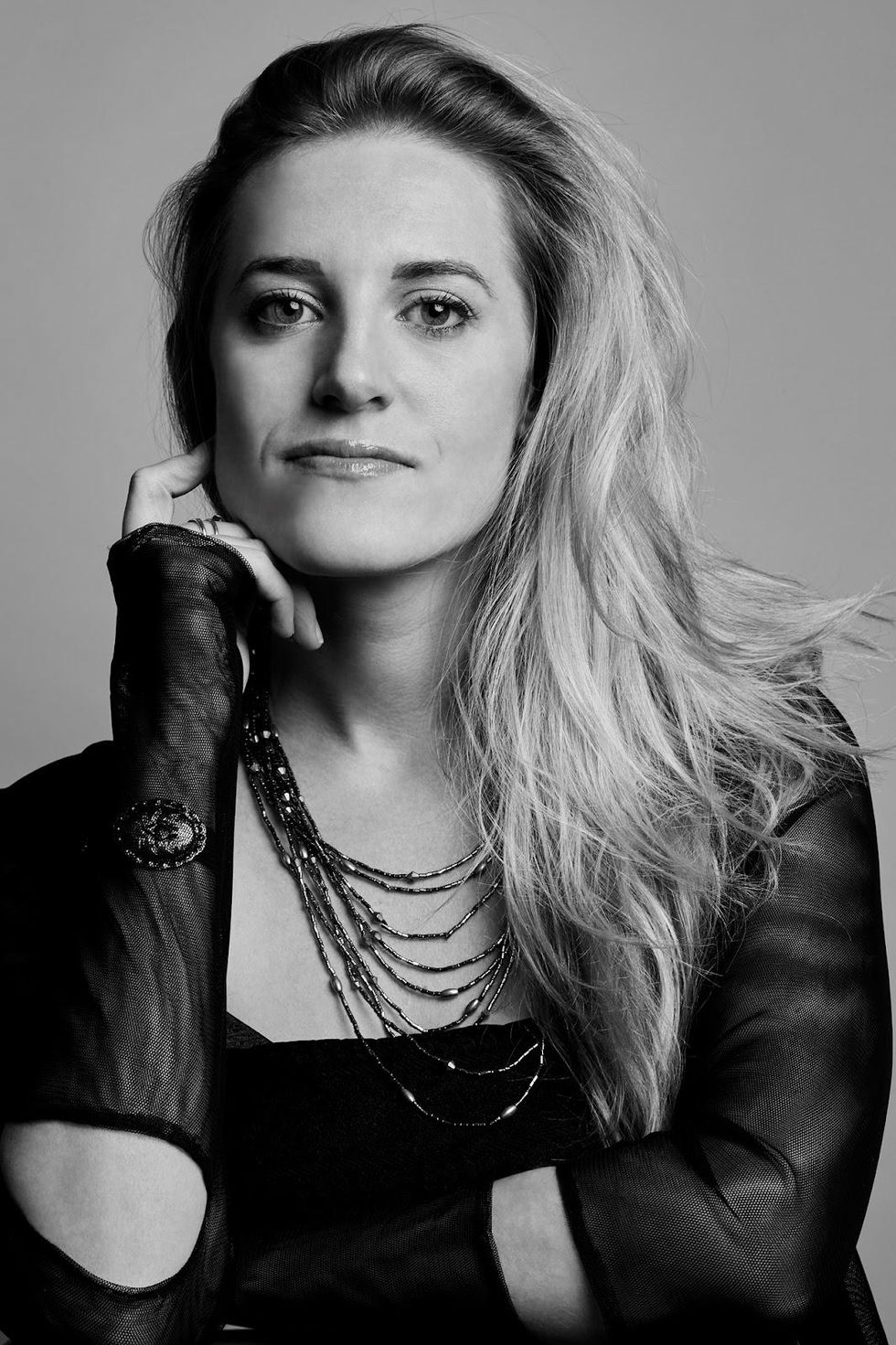
My experience as a solo founder: One really cool benefit I've experienced as a solo founder is an opportunity to connect more securely with my intuition and instincts. When I'm making key decisions, I have a clean slate from which to ideate and execute based on what I feel is the best approach. And that's how true innovation happens! This can also be a challenge, of course, because I don't always trust my intuition. It's a work in progress.
My advice: I'd say the solo founder path is especially valuable for anyone who has a lot of conviction for their ideas—even and especially when they're unique and quirky. If you enjoy independence, freedom, and prefer to stay nimble, it's definitely worth trying out the solopreneur path. You can always bring on co-founders later on!
- Teresa Bigelow, Founder of Spiral5, a company that facilitates community, mentorship, and income opportunities for women looking to grow PR careers.
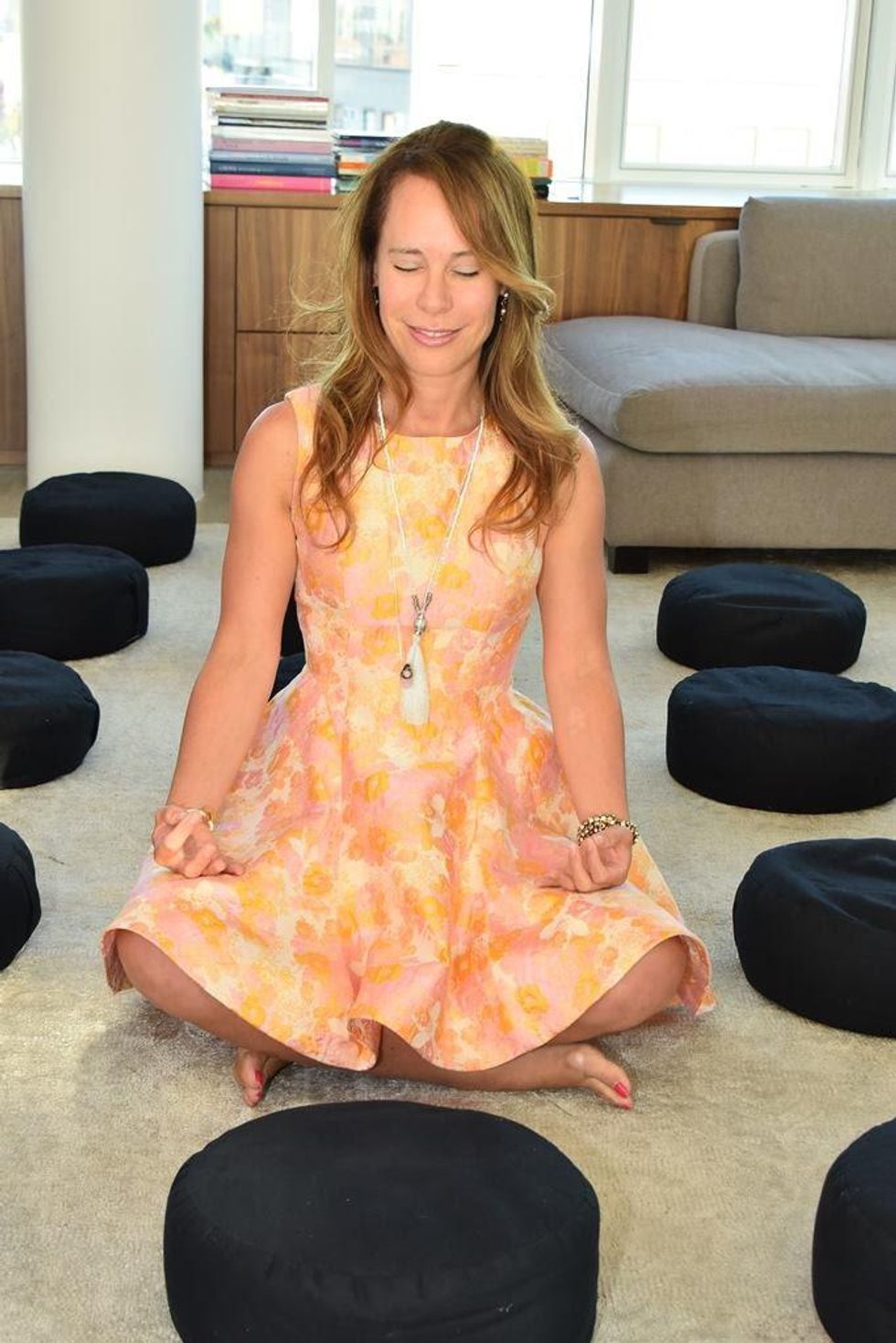
My experience as a solo founder: As a solo founder, I love that I can take action on new products and don't have to win approval from anyone else to greenlight new offerings. In this way, I can let the market decide what works and is helpful for users.
My advice: I think it's important to know that, at the beginning especially, you will have a lot on your plate—marketing, product development, selling, and all of the administrative aspects of running a startup.
- Dina Kaplan, Founder and CEO of The Path, a community dedicated to bringing meditation into the mainstream.
Find Support

My experience as a solo founder: A surprising benefit of being a solo founder is that I've been able to cultivate my own network of experts and advisers. These experts share their thoughts and experience on various topics and have helped me learn and grow. Having this network has helped me gain the knowledge and skills I need to continue to elevate my business.
My advice: Know your strengths and weaknesses, and know when to ask for help. It's OK to not do it all yourself. Recognizing when you need assistance will make you a more effective solo founder.
- Ada Chen, Founder and CEO of Chuan Skincare, an affordable, handcrafted natural skincare line.

My experience as a solo founder: I've learned to be really decisive. Being indecisive was one of my weaknesses before I became a founder. When running an entire company on my own, my indecisiveness had to change to move my business forward quickly. I learned to fully trust myself and forgive myself for the less-than-ideal decisions I've made.
My advice: Remember: solo doesn't mean alone. Make sure you have an official or unofficial crew supporting you every step of the way.
- Danielle Letayf, CEO and Founder of Badassery, a platform for event organizers to find their perfect public speaker.
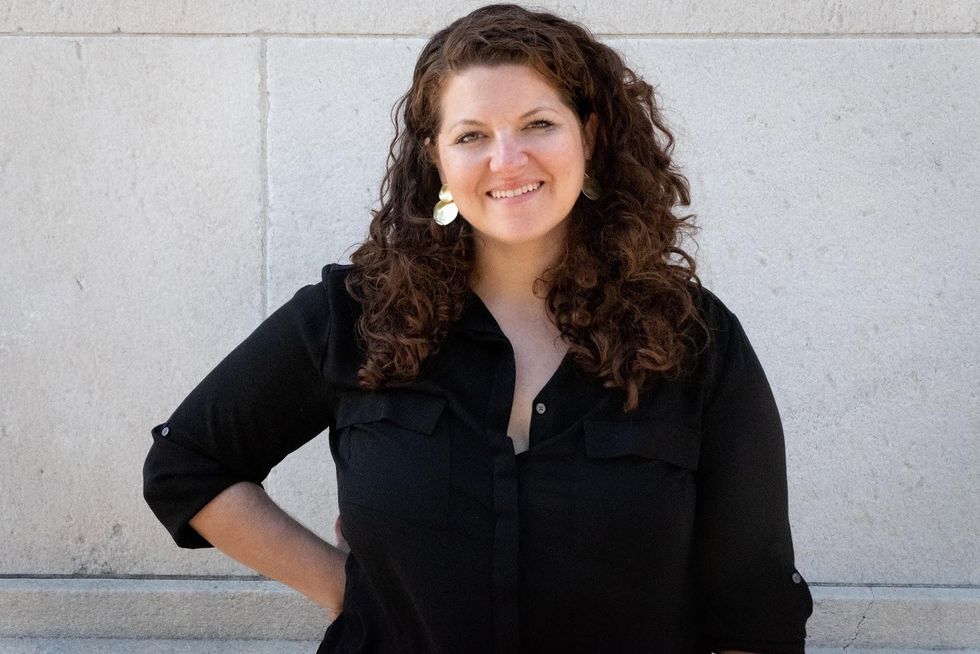
My experience as a solo founder: A benefit of being a solo founder is that I'm able to set the pace of how my business evolves and allow my ideas the space and time they need to ripen organically. And the surprising benefit of waiting for ideas to ripen is that it also creates space for me to grow and evolve personally. I find that waiting for ideas to be ready grows my capacity for patience and trust—in myself, the process, and the unknown.
My advice: While there can be benefits of being a solo founder, we can go farther together. Be intentional about nurturing a "co-building" team who will hold space for you to talk things out, provide resources and guidance, and be a source of inspiration and motivation.
- Alison Gilbert, Founder of The Big Whisper, a platform dedicated to helping women build healthy businesses.
Get Involved In A Community

My experience as a solo founder: A huge benefit to being a solo founder is that it's easy to make hard decisions because you are the sole decider of the company's fate. A major pitfall to this benefit is that founding a company is a marathon and not a sprint—meaning you have to navigate a very long journey on your own, which at times is difficult and can be lonely.
My advice: Surround yourself with support ranging from family and friends to mentors, and other founders who can relate to you. Until you have a great team to work with, you should have a strong support network while you embark on the journey of a lifetime.
- Lauren Foundos, CEO of FORTË, an end-to-end live and on-demand streaming solution for gyms and fitness studios.
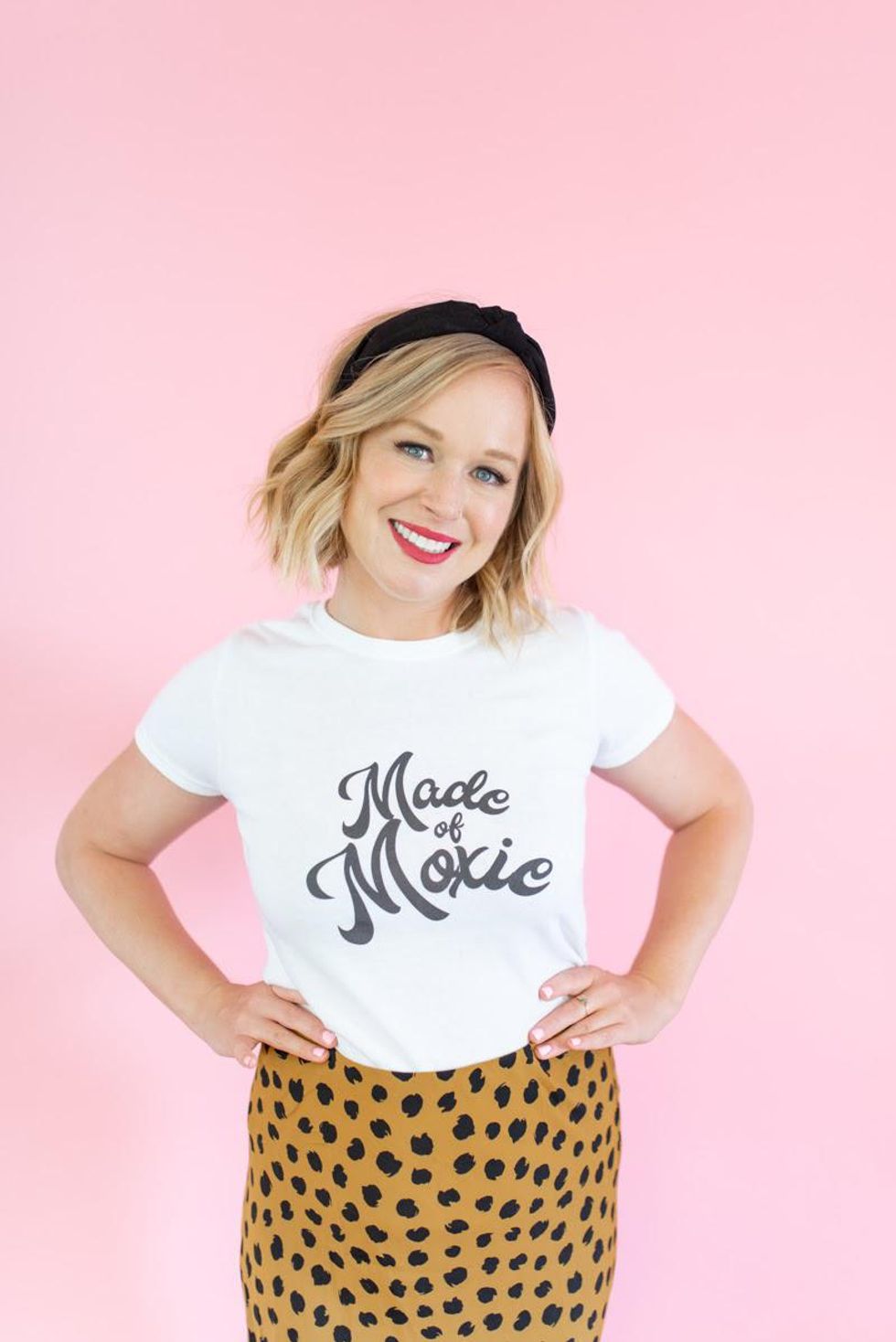
My experience as a solo founder: It can be challenging to remember to celebrate all the wins and milestones that are happening in my business when I don't have people to share them with. Entrepreneurship can be a bumpy ride, and sometimes you can only truly see your success when you zoom out and look at where you were last month or last year.
My advice: Find ways to create community and accountability. Entrepreneurship can be lonely, and it can be so helpful to have standing commitments to connect with other people. I've joined masterminds, standing group calls, and even a coven to give myself some structure and expand my extended team.
- Lis Best, Founder and CEO of Lis Best Coaching for Impact, executive coaching for women
Take Risks

My experience as a solo founder: The most surprising benefit of being a solo founder is being able to create what I want, how I want it—not just in my business but in my life.
My advice: Throw out the rule book. As with everything in life, there will be moments of triumph and moments of difficulty. But ultimately, it's all in your hands.
- Yewande Faloyin, Founder and CEO of OTITỌ Leadership Coaching & Consulting, an organization that coaches high-achievers and ambitious entrepreneurial leaders.

My experience as a solo founder: I started LOCKER with the intention and hopefulness of finding that person who would be a perfect fit as my co-founder. As I began to build LOCKER, I realized not having a co-founder allowed me the flexibility to create the exact product I envisioned and pivot quickly.
My advice: Going at it alone is better than not going at it at all. It's also better than going at it with a bad co-founder, so don't be afraid of starting your dream company solo.
- Kristine Locker, Founder of LOCKER, a Chrome extension and social shopping platform.
Get Feedback

My experience as a solo founder: It can be really difficult to not have a built-in sounding board as you think through decisions and challenges, particularly if you're someone who likes to talk things out. You have to go out of your way to create a community of trusted advisors who you can turn to, both for the big and small things.
My advice: Get as much feedback as possible from those who know what your blind spots and weaknesses are, so you can work around them through hiring and outsourcing.
- Rachel Berkey, Founder and CEO of Thimble Collection, a children's clothing company.

My experience as a solo founder: The solo route guarantees that your vision will be executed with you in the driver's seat. Of course, that comes with isolation at times, and it can be lonely. There is also an energy that comes with collaboration that extroverted solo founders will need to seek elsewhere.
My advice: Be very conscious about who you share your ideas with in the beginning. Make sure they are mentors or professionals who can offer constructive advice to help you navigate those early stages and flush out your ideas.
- Sydney Petite, Chief Strategy Officer at Royal Street Agency, a diverse team of professionals focused on elevating brands.
Trust Yourself
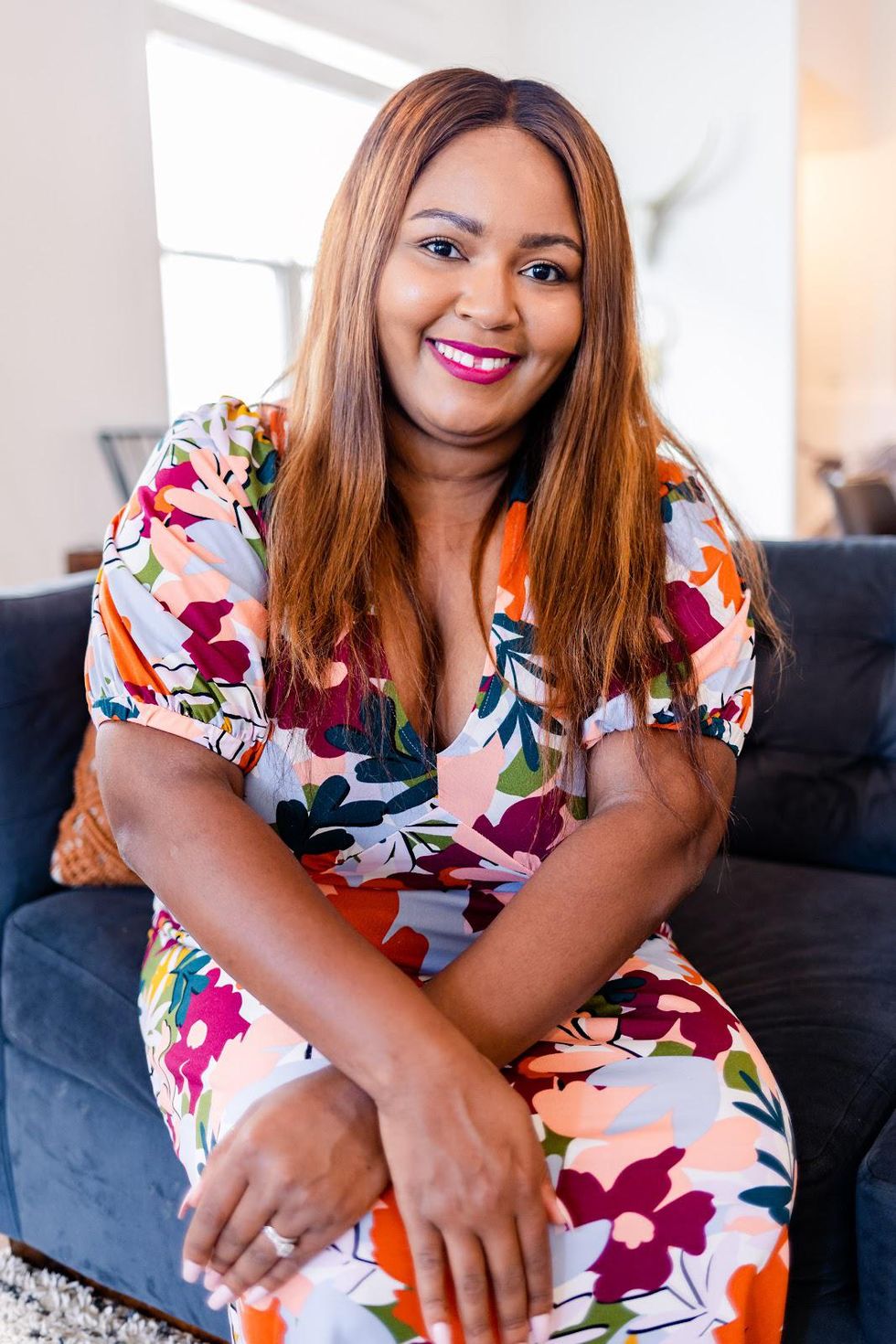
My experience as a solo founder: As a solo founder, you have total control over your business, which means you don't have to run your decisions by anyone. There is a beauty in truly being answerable only to yourself.
My advice: Get immediately clear on your company mission and purpose. It can be easy to second guess all your ideas and thoughts. Making sure they relate back to your purpose will help you avoid a lot of pitfalls.
- Kimone Napier, Founder of Kimone Napier Consulting, an organization that helps business owners hire their dream team.

My experience as a solo founder: A surprising benefit of being a solo founder is having the ability to create a workplace culture. The emotions and behaviors I portray shape the cultural characteristics of my practice. With client service permeating everything I do, I am able to bolster client happiness, productivity, and retention rate.
My advice: You are your company's leader. Emotions are contagious. This is especially true when the culture is coming from leadership.
- Ashli Weiss, Attorney at Weiss Law LLP, a law firm helping companies propel their businesses.

My experience as a solo founder: When I initiated my business as a solo founder, trying to manage being a mother with my responsibilities at work was a huge challenge. There were times I brought my children to work and felt extremely guilty. I realized over time that being a mother allowed me to better manage my time and provide empathy to my patients when they were facing hardship.
My advice: Remember your work purpose. Stay focused and don't be afraid to ask for help. The greatest rewards from work come from staying focused on work-life harmony, not work-life balance.
- Chithra Durgam, Founder of Blue Check Skill, a company that works with celebrities and large brands to monetize their owned content through Amazon Alexa voice skills.
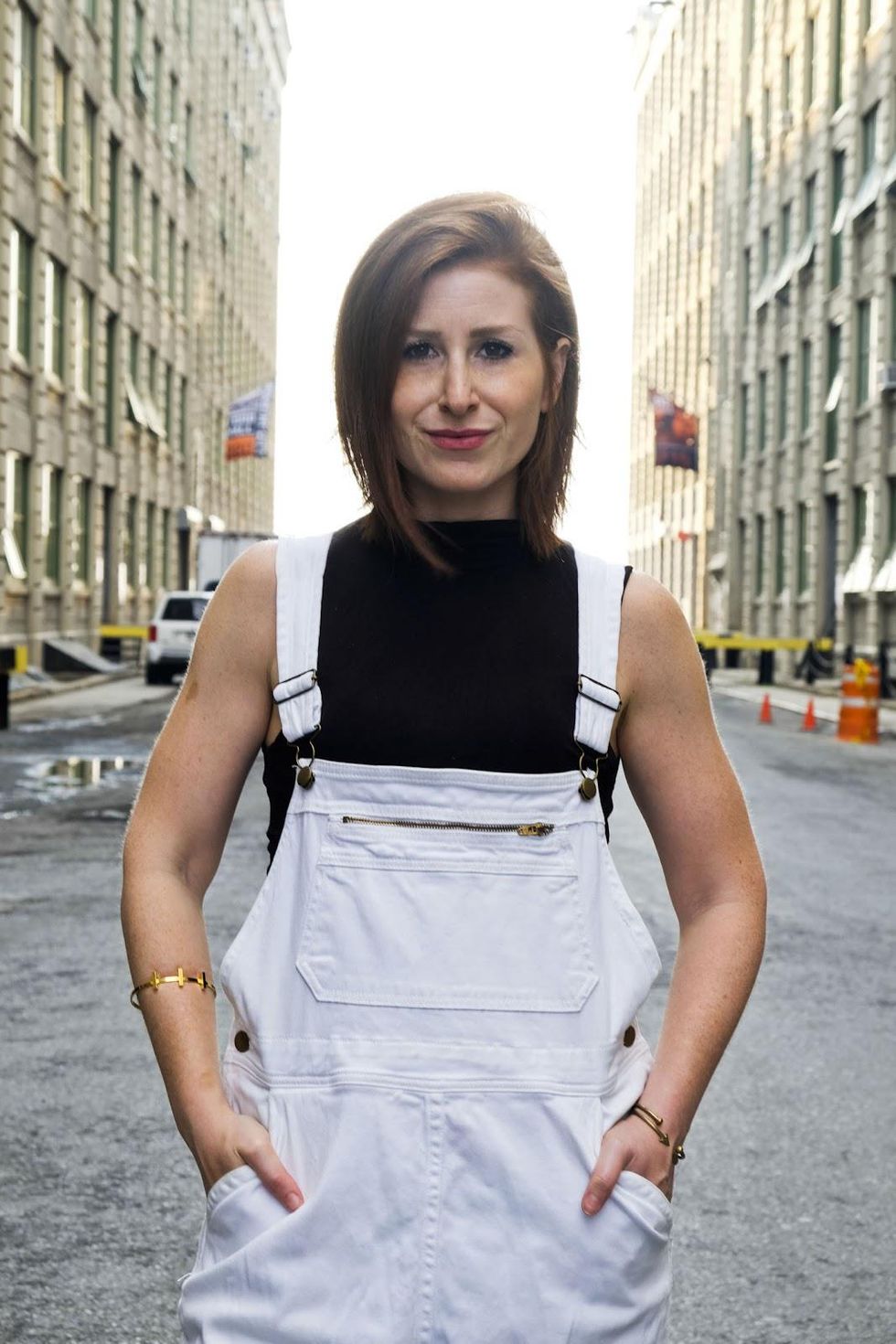
My experience as a solo founder: A benefit to being a solo founder is that you're in charge of getting to make the decisions. A pitfall is that you're in charge of getting to make the decisions. It can be challenging not having a business partner to consult with and to be the one responsible for all the high-level decisions in your business. But you'll also never have an argument or disagreement when it comes to the decision-making.
My advice: Being a solo founder requires an elevated level of independence and self-motivation. You need to be able to hold yourself accountable and work well independently.
- Katherine Sprung, Host of Sprung On Food, a web series highlighting food and beverage businesses.
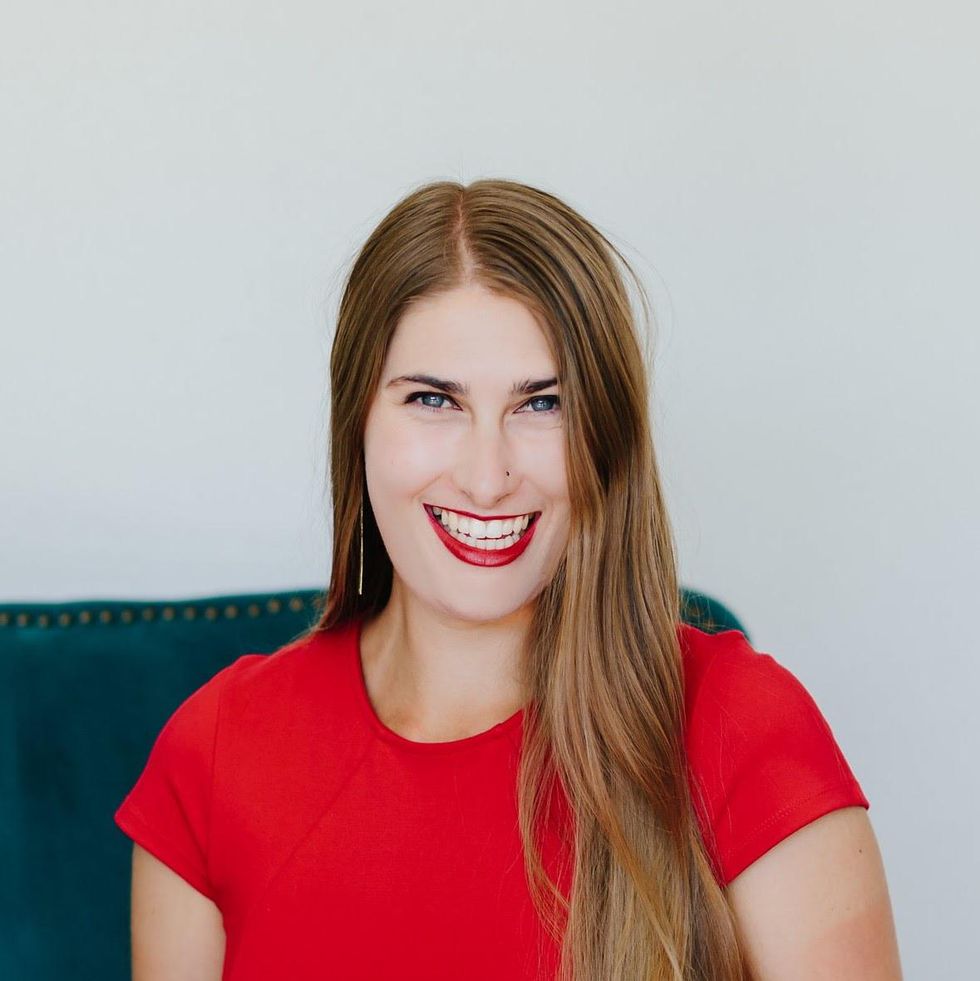
My experience as a solo founder: The surprising benefit of being a solo founder is that my confidence has grown exponentially. When you don't have anyone else making the important decisions, all the success is because of you. It's incredibly gratifying to know your decisions were the right move.
My advice: Trust your gut. You know more than you think you do.
- Morgaine Trine, Owner of Honestly Bookkeeping, allowing owners to make informed decisions about their business and build security.

My experience as a solo founder: There is something freeing about having all of the bucks stop with you. Any decision, good or bad, falls to you. That is, of course, a double-edged sword. If you have no one to double-check with, you may be sprinting in the wrong direction.
My advice: Confidence is key here. You need to be deep in the details of your idea to be able to make good decisions quickly without subject matter experts around you. Get very close to your data. Then take several steps back and get familiar with the broad landscape. Most of us are naturally better at one way of thinking, but you need both to get your idea off the ground.
- Katharine McKee, Founder and CEO of Morphology Consulting, a digital commerce consultancy.

My experience as a solo founder: A surprising benefit of being a solo founder is that I've learned to take better care of myself. Going at it alone is overwhelming, to say the least. There's no one to ask for advice and any failure feels personal. Being a perfectionist and my harshest critic means nothing is ever good enough. But with this attitude, I could always feel myself burning out to the point of not being able to function. I've had to learn to make smaller, more realistic goals and prioritize not just the most important tasks for growth, but also my own mental health.
My advice: You have to shift your mindset from feeling like you have to do it all to determining the most important areas to focus on. Finding the balance between what you and your business needs will allow you to find success as a solo founder.
- Lauren Richardson, Founder and CEO of Radiance & Romance, a line of custom art jewelry.
What advice for business entrepreneurship resonates most for you? Do you have advice you want to share? Tweet us @BritandCo and tell us!
All individuals featured in this article are members of Dreamers & Doers, an award-winning community and diverse ecosystem amplifying extraordinary entrepreneurial women through PR opportunities, authentic connection, and high-impact resources. Learn more about Dreamers & Doers and subscribe to its monthly The Digest for top entrepreneurial and career resources.
0 Commentaires